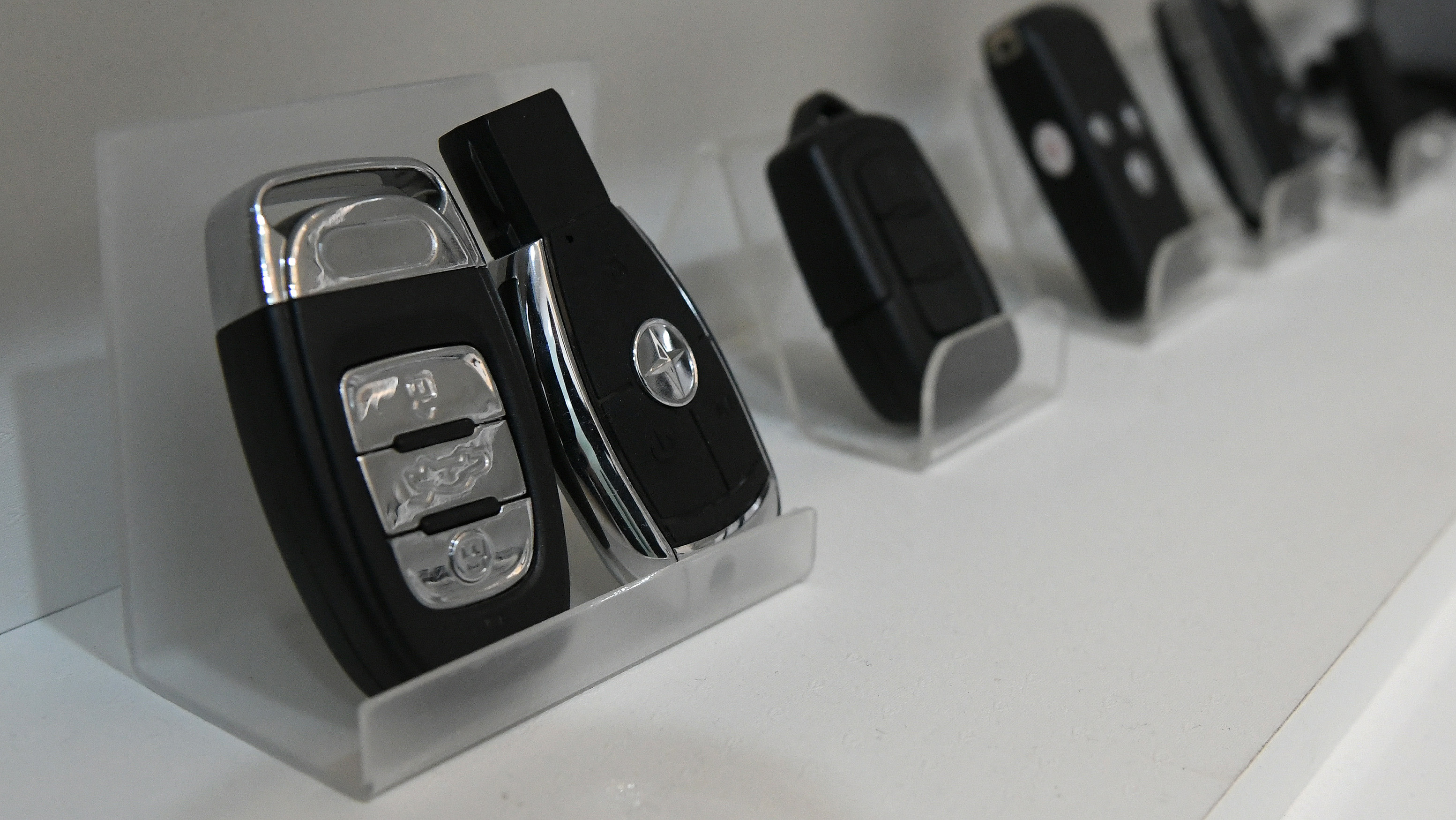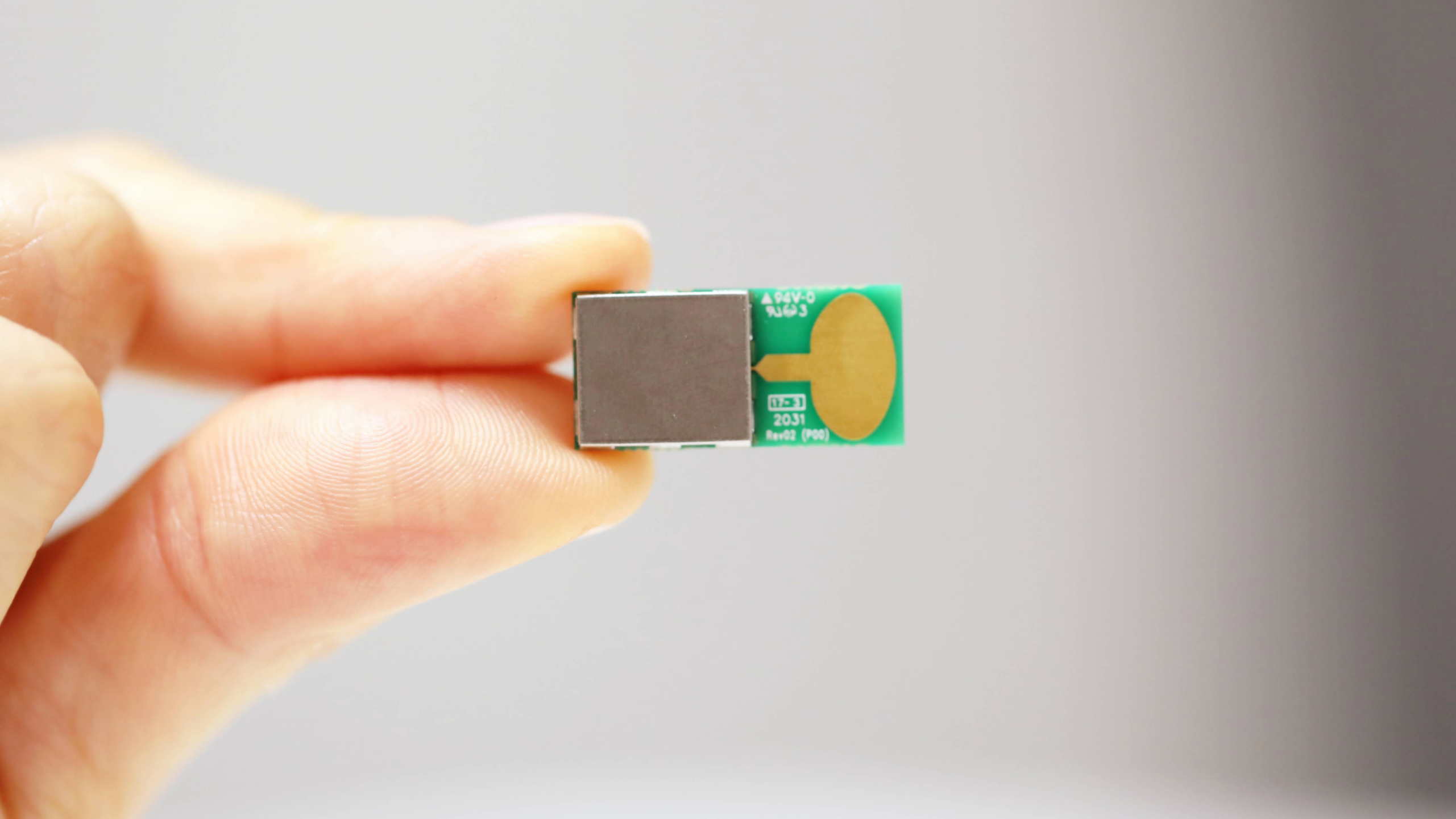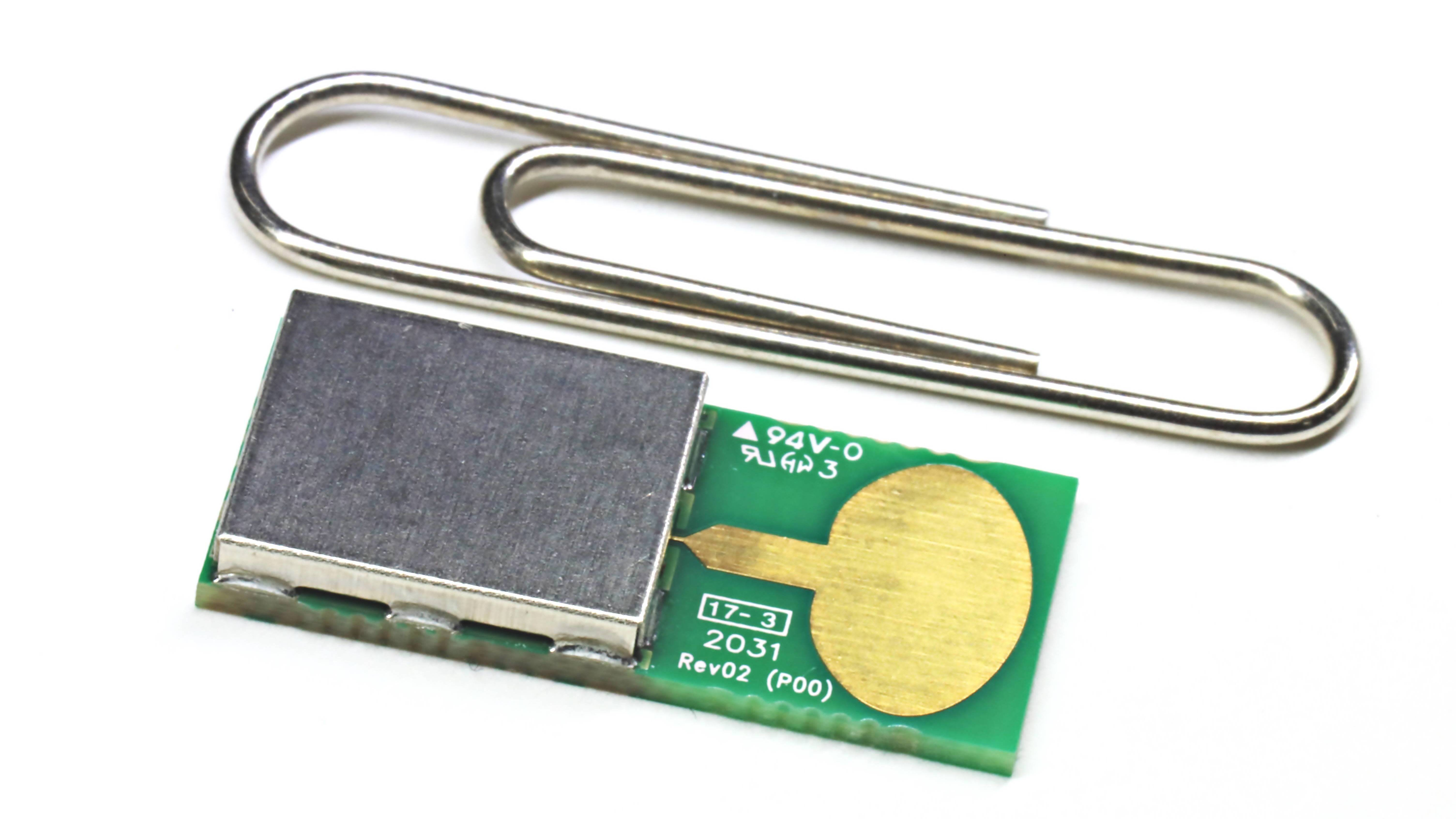LG Promises Better Phone Keys But I'm Skeptical
LG Innotek has developed a new digital car key module that promises to increase the range and accuracy of digital car keys, and it brings us closer to the car-key-in-your-phone era. At least, in theory.
The company claims its newly developed components will be five times more precise than current components. The module will not only increase the effective range of digital car keys but also reduce the error range from twenty or so inches to four. The new modules boost the accuracy by ditching the Bluetooth Low-Energy protocol and adopting the more robust Ultra Wideband protocol, as we reported on in the case of Apple and Samsung a few weeks back.
The company claims the module is so accurate, it will differentiate between driver and passenger, meaning it will know who is sitting where and will adjust the settings to correspond to the driver. Per LG:
In addition, it can provide a driver with personalized driving environment. When several people use the same car, the module can recognize the smartphone location and set the driver's seat or side-view mirrors automatically for the corresponding driver. When several people with the same digital car key get on the vehicle, the module can detect the person on the driver's seat accurately.
This kind of accuracy is hardly necessary in the case of physical car keys, as it's not common to bring two sets of keys on a drive, but will be very important when our phones become our keys, which LG Innotek predicts could be the case for many as soon as 2025. But if cars have trouble differentiating between driver and passenger it could disrupt the seamless technological utopia that digital keys will usher in.
And that's the trouble with these technologies. Companies are often aspirational rather than realistic, because a lot of new tech falls short in practical use.
Think of modern car fobs. No, not the few smartphone car keys that companies such as BMW and Apple brag about. Just modern transponder keys. The kind that hides their metallic, physical key inside the fobs and have been around for decades.

These keys have had ample time to advance and yet even in late model cars I've often encountered issues. I can't count how many times I've stood outside a late model Acura waving a key fob frantically at the damn car, only to theorize that maybe my phone is blocking the fob's signal. Then, I'll put my phone in one pocket and the key in the other and still no beep, no unlock.
Finally, I'll do this little dance where I bump either hip to the door handle until the car finally lets me in. Could I be so dense that I've never figured out how to get these things to work? Have I reached the age where I'm cursing tech because it's not as easy as the Jetsons promised? Maybe. I can admit that much.
Or maybe a lot of new keys just suck at being keys. Or they fail to deliver on their promise. I hope that carmakers and OEMs like LG Innotek are taking into account the ways these components can fail. What if my phone dies and the other key-holders aren't around? Or my phone is stolen? Can we flash keys onto physical objects? I need answers, LG Innotek. Until I have these answers, I'll remain suspicious of digital car keys.

